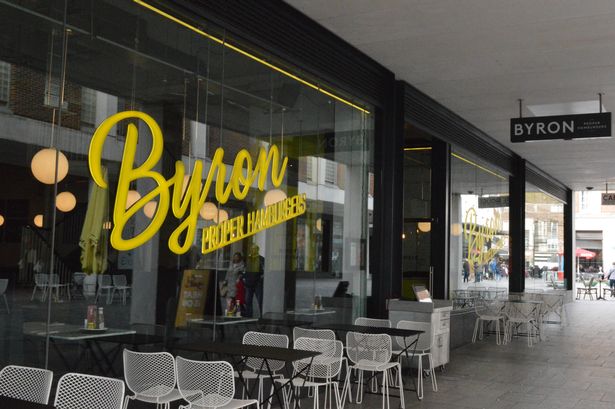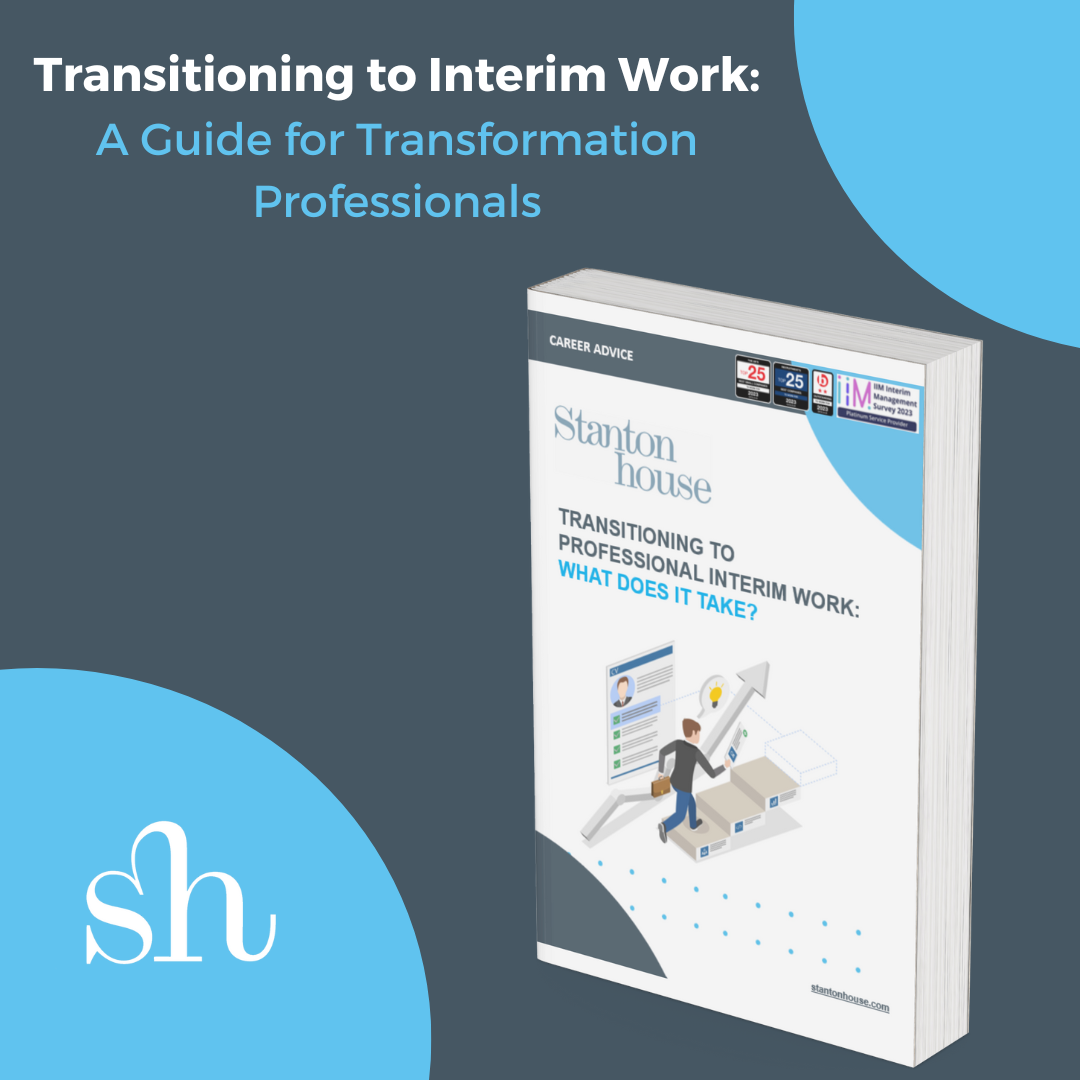When I transitioned from being the CFO of NewsCorp Europe to the CFO of JKX Oil & Gas Plc, my focus was on finding a role back in the UK as I was working in Russia at the time. I was looking for businesses which were in trouble, in need of a turnaround with a visionary CEO that needed some organisation and structure behind the vision. These are the types of role I most enjoy as they give me a purpose and a clear job to do. I wasn’t really looking for a sector as such, my focus was much more on the role and environment.
What I was certain about is that I wanted to leave the Media industry as I had been within the sector for many years and I wanted to do something different, challenge myself and continue to learn. You can get bored of doing one thing for too long and it doesn’t help to promote fresh ideas.
I think the urge to move sectors comes from my audit background where you are constantly working with different clients across a variety of sectors, meeting different people and teams. I trained in a medium-sized audit practice where you worked closely with your clients and from an early stage realised that I enjoyed being hands on.
Moving into a new sector however is no mean feat. Most hiring managers will look for a CV that fits a job. They look at sector knowledge, system experience, organisational size and so on. They don’t look at the skills needed to achieve those activities and how those skills would be a good fit for the job opportunity. Skill set is not sector specific but unfortunately, it’s just the way people hire.
Fundamentally, skill set and personality are the two most important elements at CFO level. Those hiring should understand that the relationship between the CFO and CEO is key and one of the most important areas of discussion.I think CVs should be set out not by role but rather a list of each core skill and the achievements based on those skills. I feel this is a better way to present yourself alongside the value you can add to a business.
The general theme that came out of my early conversations and meetings was that they liked me, my stories and how I came across, but I rarely got offered the job. I was up against people with similar career paths but with sector experience. When I was leaving the Oil & Gas sector, I interviewed at two businesses in eight months. Yes, I was being picky but found the opportunities coming through slow.
I consistently got great feedback, but I was always pipped to the post by someone else. There was no doubt in my mind as to why.
I got the role at Byron Hamburgers through my network to a large extent. The business has two sets of investors and I knew an advisor to one of the shareholders from my time in Russia. He knew I was looking for a job and recommended me for the CFO position. The business he worked for only owned 30% of Byron Hamburgers, I had to impress the other 70%.
During the interview process I was asked many times by the PE house about my sector experience and at the end, they said they were considering me for roles in other businesses within their portfolio but not the role at Byron. I felt like they weren’t taking me seriously due to my lack of sector experience and we left it at that. Two months later I received a call to say they still hadn’t found the right person to fill the role and needed an interim solution. I said I would only consider a full-time role and I didn’t want to be on an interim contract, although happy to accept a short notice period to effectively give the shareholders the flexibility to move me out quickly if they wanted to. This would have been Byron’s third CFO within a short period of time and from a stability perspective, if they wanted me to turn the finance function around I felt it was important to be viewed as a permanent member of the team.
The restaurant sector has been struggling for some time which gave me a unique selling point in that I could bring a fresh pair of eyes from outside of the industry. I also managed their expectations of me early on. When they tested me on KPIs and metrics around the restaurant sector, I told them I stood no chance in comparison to someone with 10 years’ experience answering those sorts of specific questions - I would always give a weaker answer; but, what they needed was a turnaround expert and someone who had proven experience of restructuring finance teams, and this is what I have. I wasn’t worried about pushing back and challenging when I they asked me those sorts of questions as of course I wouldn’t know the answer coming from Oil & Gas and media, but I gave them the confidence that I could pick up this sector specific knowledge quickly.
When interviewing for a CFO role an interview is an opportunity to challenge them as much as they challenge you. You need to walk away from the meeting with an understanding of whether you can work with the PE house, investors, the board members and so on. The interview process is as much chance for you to test the current management and shareholders as it is a chance for them to test you.
I would advise anyone thinking about a move to sit down and identify what environment you are looking for. What management team do you want to work with, what relationship are you looking for with the CEO, what size of team, what is the investor relationship like? Then, be sector agnostic. I would say the environment is much more important that the industry and be open-minded. Some businesses which may seem boring are like that due to how they are being run and if you can help change that, you’ll most likely enjoy lots of different sectors.
For full access to all of our interviews from our recent white paper Exploring the benefits of career diversity, download a copy of our white paper below.






.jpg)

.png)

